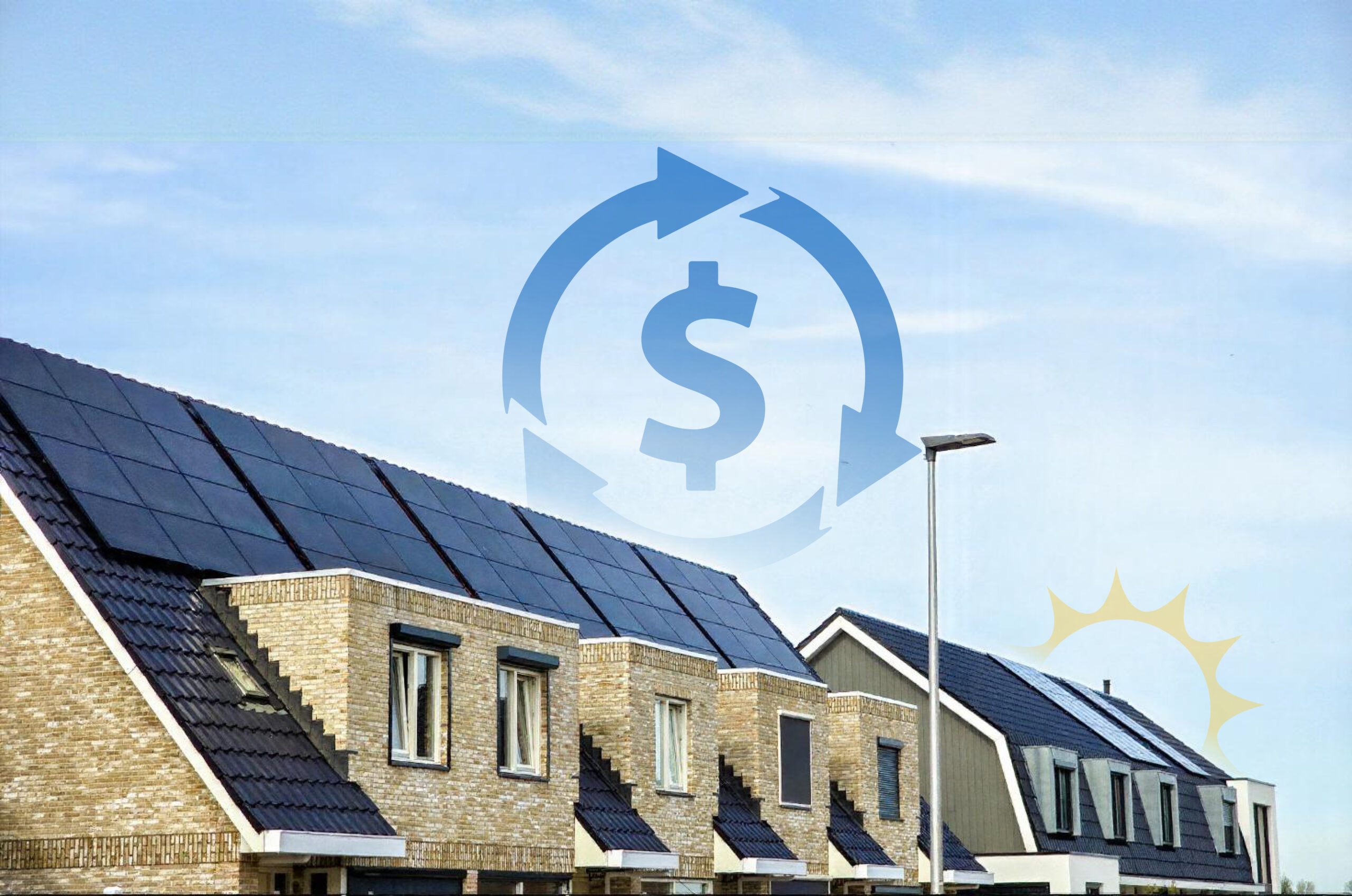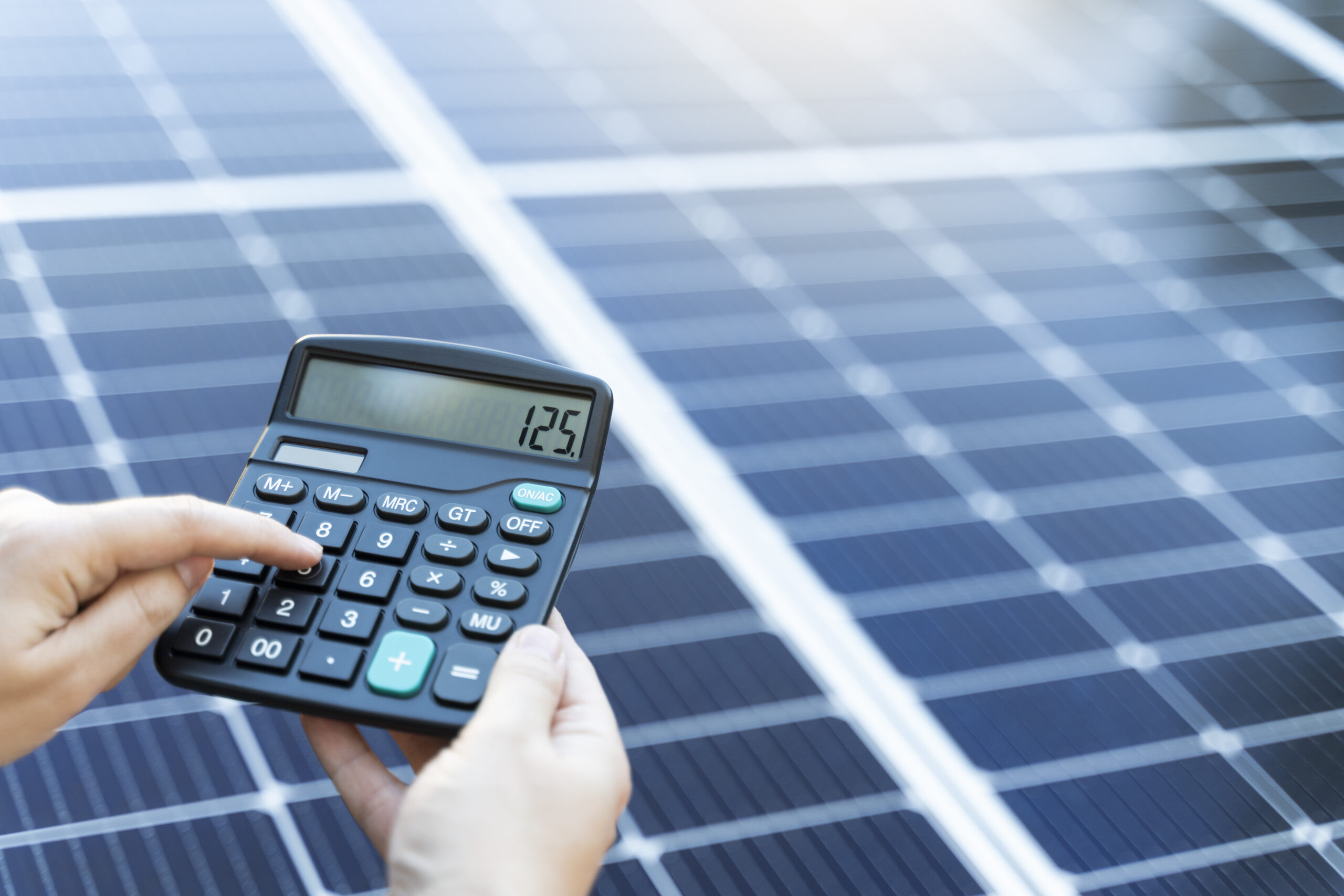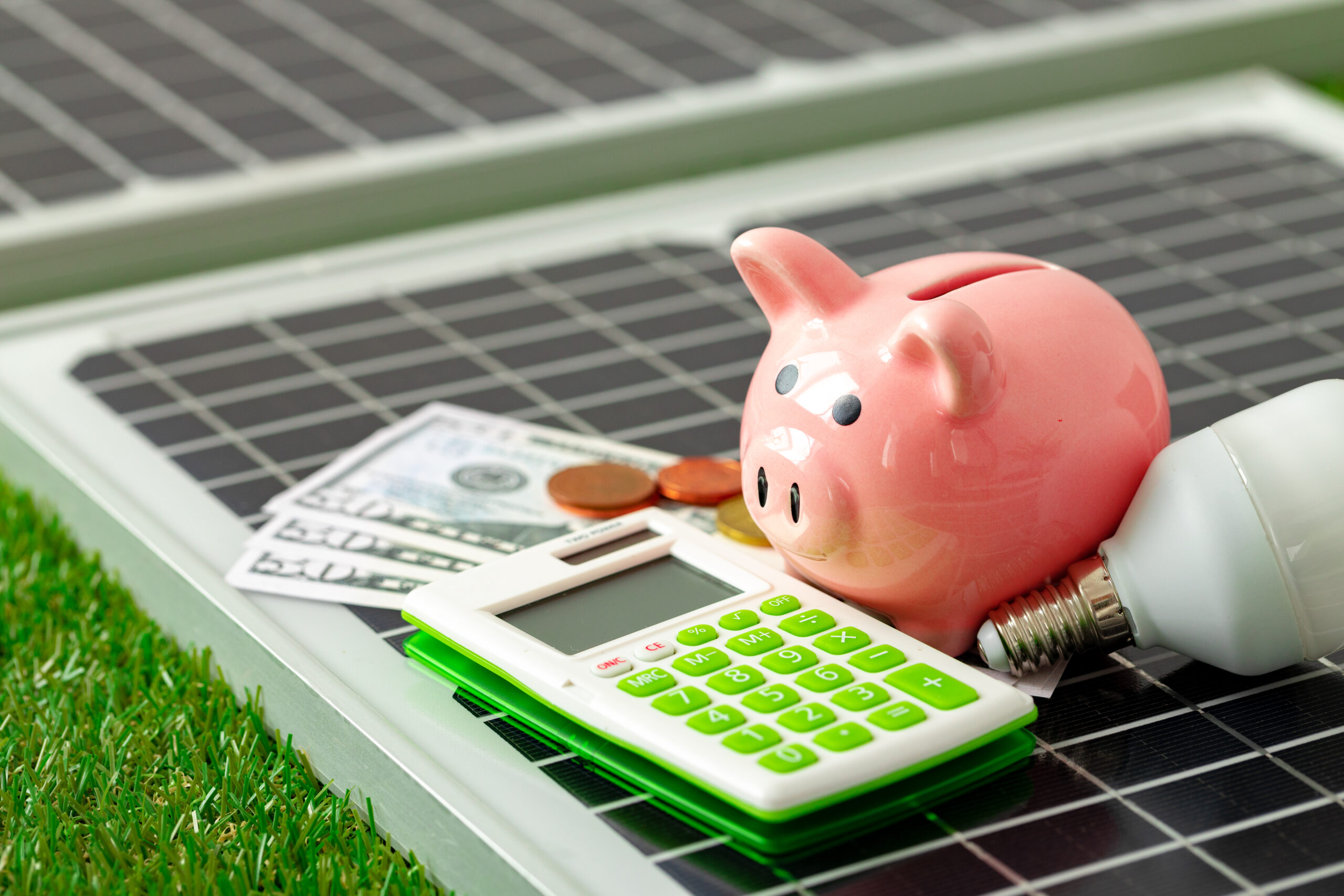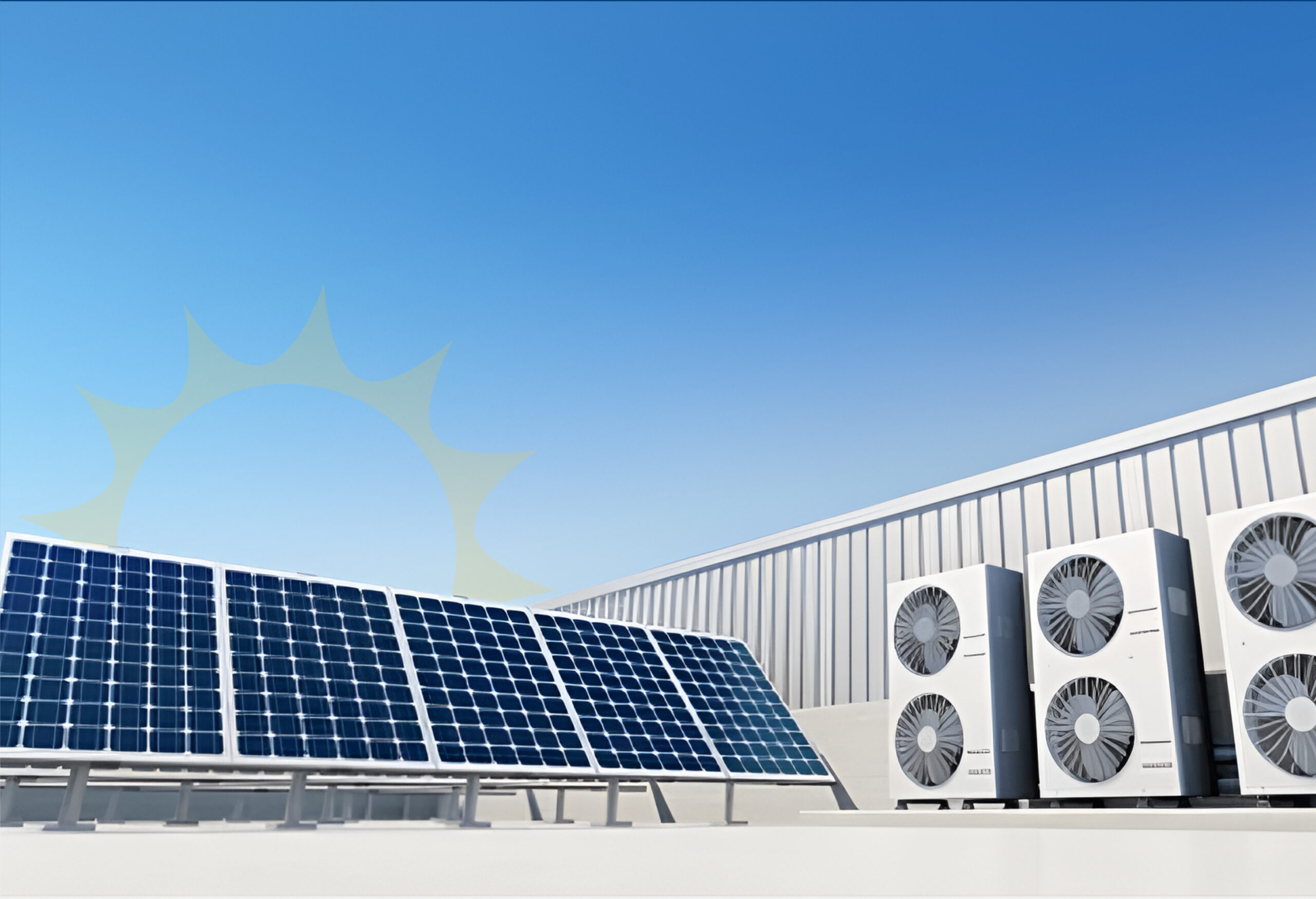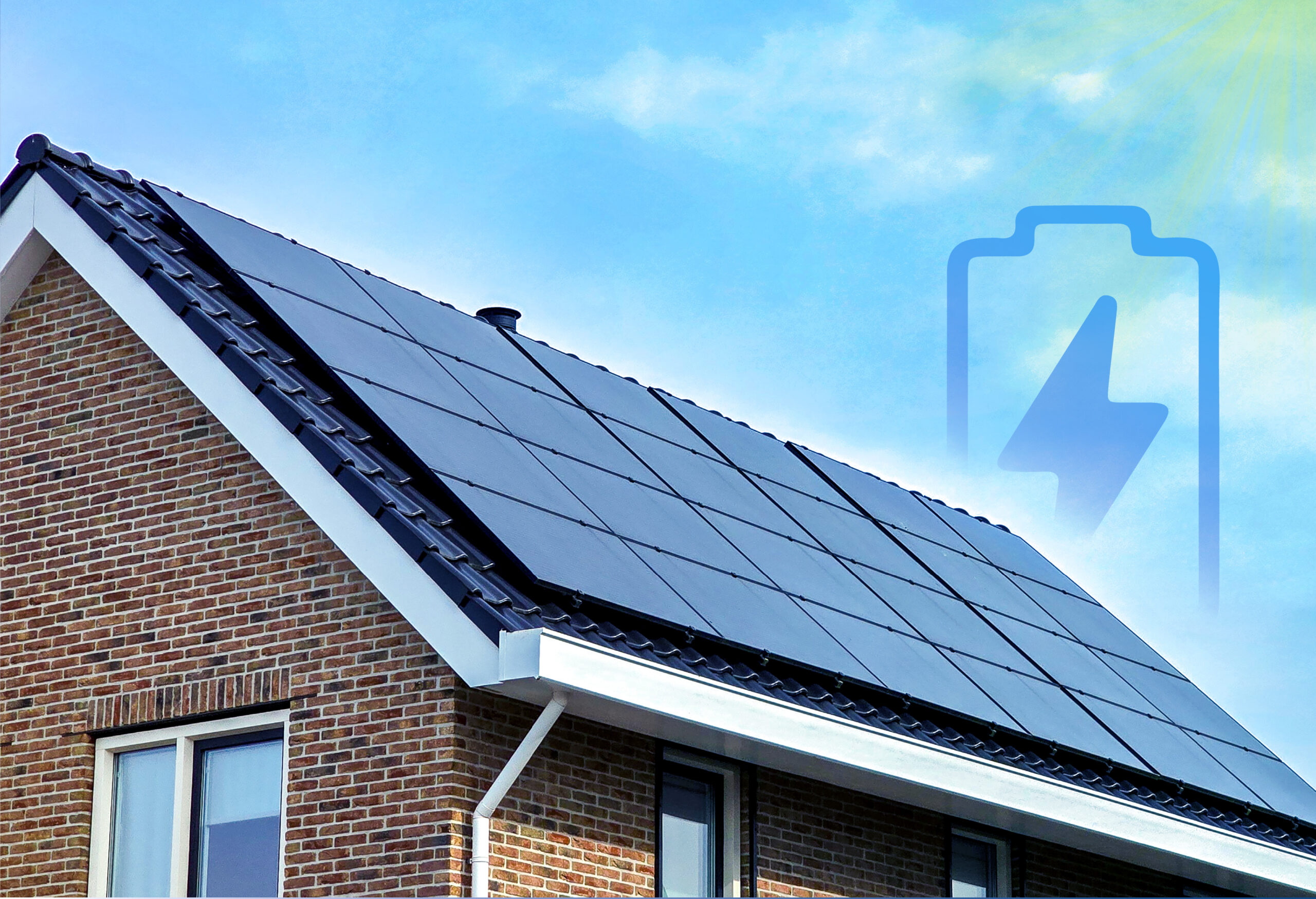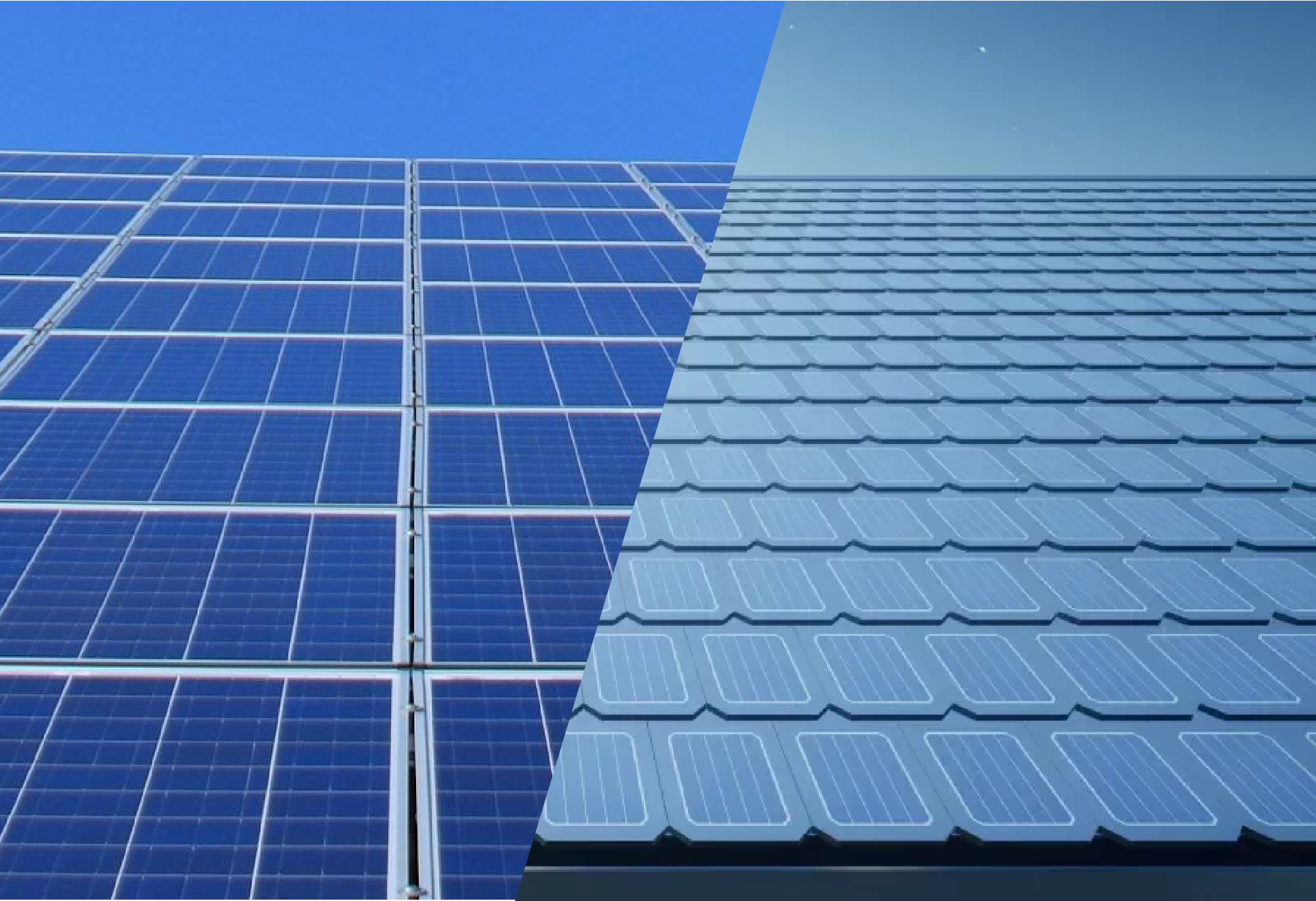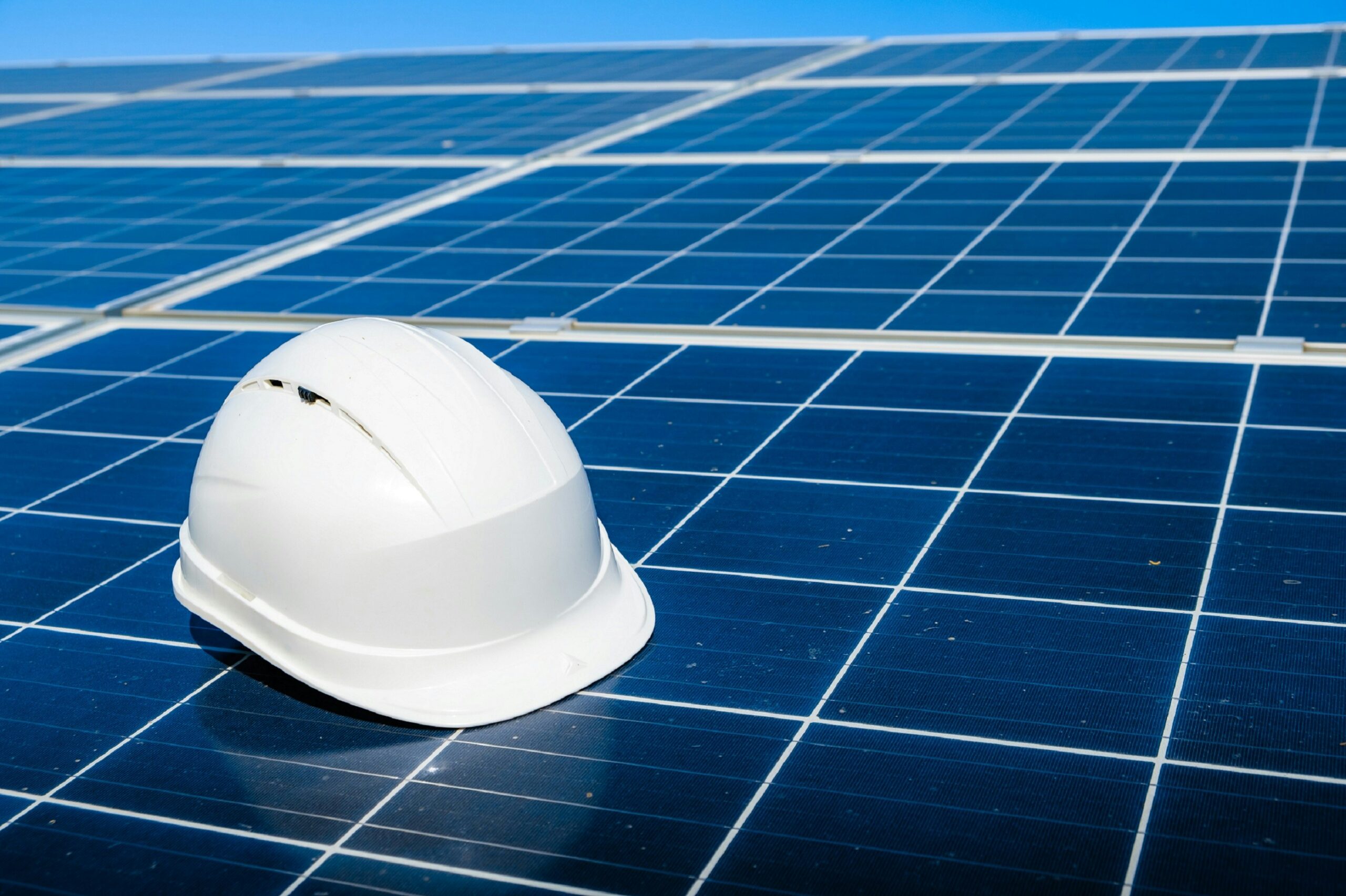Author: Mariela Guanchez
Picture your solar array shining on your roof, generating clean power day after day. Eventually—decades down the line—those panels might need replacing. Then what? Many people still wonder, Do old solar panels just get tossed into a landfill? The good news: solar panels can be recycled. Let’s talk about how that works, why it matters, and how it ties into the big picture of environmental benefits for Nova Scotia and beyond.
The Common Misconception
There’s a lingering myth that while solar is good for producing green energy, the panels themselves end up as a disposal nightmare at the end of their lifespan. In truth, most modern panels are about 80% glass and aluminum—both highly recyclable materials. The rest includes silicon and trace metals that can often be recovered in specialized facilities. So the notion that they can’t be recycled or are inherently “unsustainable” is outdated.
From Silicon to Reuse: The Recycling Process
Solar panels typically combine a few layers:
- Tempered glass on top
- Silicon wafers that capture sunlight
- Metal framing (aluminum)
- Wiring with copper or silver traces
When you recycle them, these layers are separated. Glass can be reprocessed for new panels or other glass products. Metal frames get melted down for new manufacturing. Even the silicon wafers can sometimes be reused if properly extracted. Now, the recycling infrastructure for solar panels is still expanding, but plenty of countries have dedicated e-waste or solar panel recycling facilities that handle the job effectively.
Environmental Benefits of Solar Panels and Their Recycling
- Reduced Waste: By ensuring panels go to a recycling center, we divert them from landfills and reclaim valuable resources.
- Lower Carbon Footprint: The more materials reused, the fewer raw resources we need to mine—plus, we reduce the energy it takes to produce new metals or glass.
- Circular Economy with Solar Panels: Panels that provided decades of renewable energy can feed back into the production loop, fueling new green products. That’s sustainability at work!
A Sustainable Life Cycle
If you compare solar panels to many consumer electronics, they actually have a very long lifespan—25 years or more. That’s a huge chunk of time providing zero-carbon energy before we even talk about disposal. By the time they do need replacement, we’ve gleaned decades of clean electricity. Now, with the ability to recycle them, we’re turning that timeline into a nearly circular process: from solar energy generation to eventual reuse in new manufacturing.
Municipal & Provincial Initiatives
Some regions, including parts of Nova Scotia, are exploring how to streamline e-waste programs to include solar panels. While still evolving, it’s becoming simpler for homeowners or businesses to find dedicated drop-off points or coordinate with their installers for panel removal and recycling. Atlantic Solar, for instance, can help direct you to local disposal or recycling solutions once your panels truly reach end-of-life (which may not be until 2050 or beyond!).
Repair & Repurposing Before Recycling
Another angle: sometimes older panels still produce some electricity, just at a lower efficiency. Instead of discarding them immediately, people have repurposed them for smaller-scale projects like powering a shed or greenhouse. If the drop in efficiency doesn’t hamper your main household needs, you can give them a second life. Eventually, if the performance falls too low, that’s when full recycling is the next step.
Solar Energy in Nova Scotia: A Bigger Picture
By adopting solar in Nova Scotia, you’re already contributing to a cleaner grid. Knowing that solar panels can be recycled further cements the environmental benefits of solar panels in the region. We reduce greenhouse gas emissions for a quarter century or more, then reintroduce the materials into new products, ensuring minimal waste. It’s a strong statement that sustainability doesn’t end with the installation— it’s a full lifecycle approach.
The Future of Circular Economy with Solar Panels
In the coming years, we can expect more specialized facilities to emerge, streamlining the recycling process. Some solar manufacturers are establishing “take-back” programs, letting you return old panels for refurbishment or recycling. This helps keep the process easy for homeowners who might not know where to send them. Ultimately, the dream is that as we produce new, more efficient panels, the old ones feed directly into that production stream—circular economy in action.
Conclusion: A Sustainable Path Forward
If you’ve worried about installing solar because you’re afraid the panels might become e-waste decades from now, put that fear to rest. Solar panels can be recycled, ensuring their end-of-life stage is just as green as their operational years. It’s all part of building a truly sustainable future for our province and our planet.

